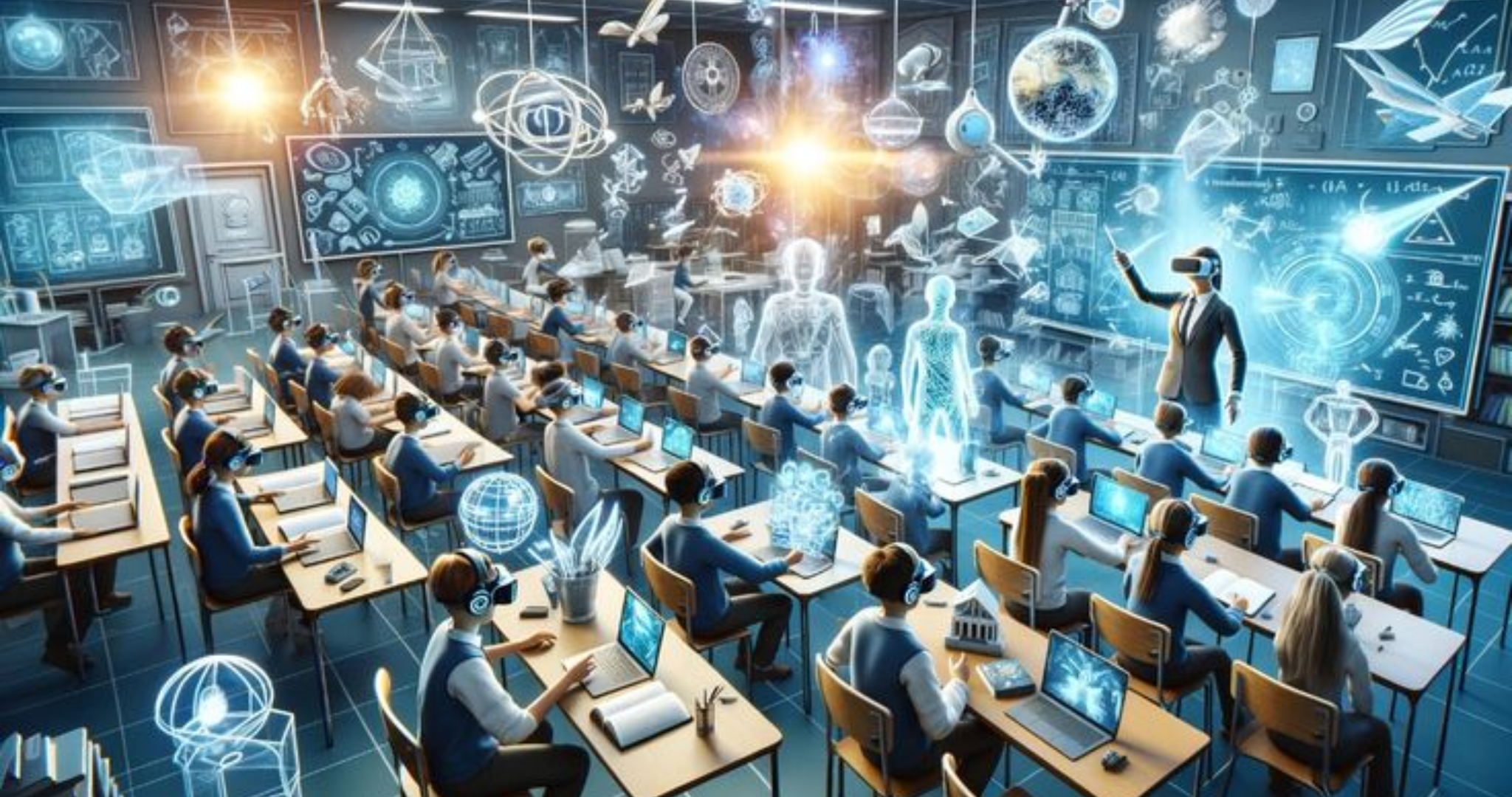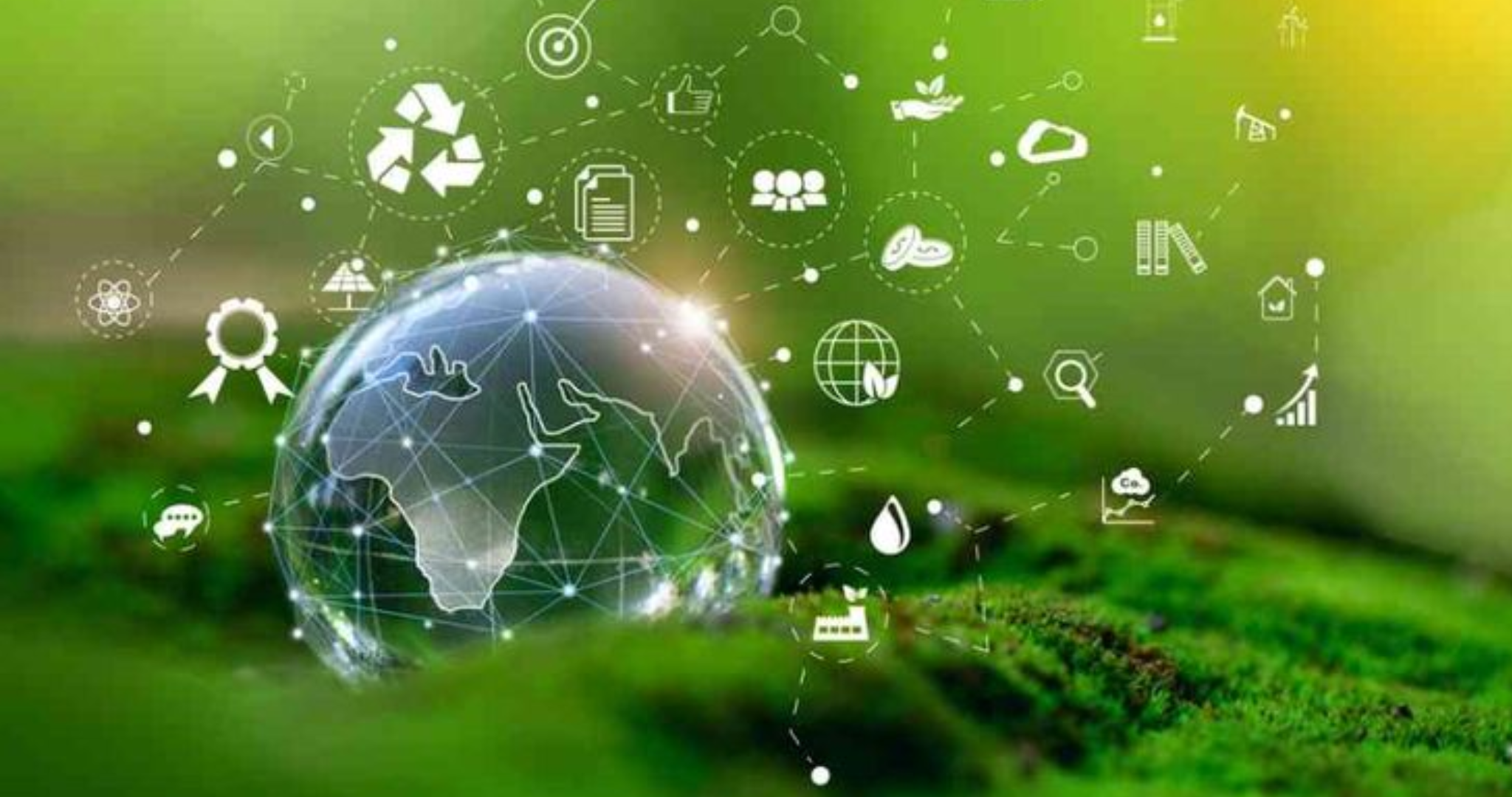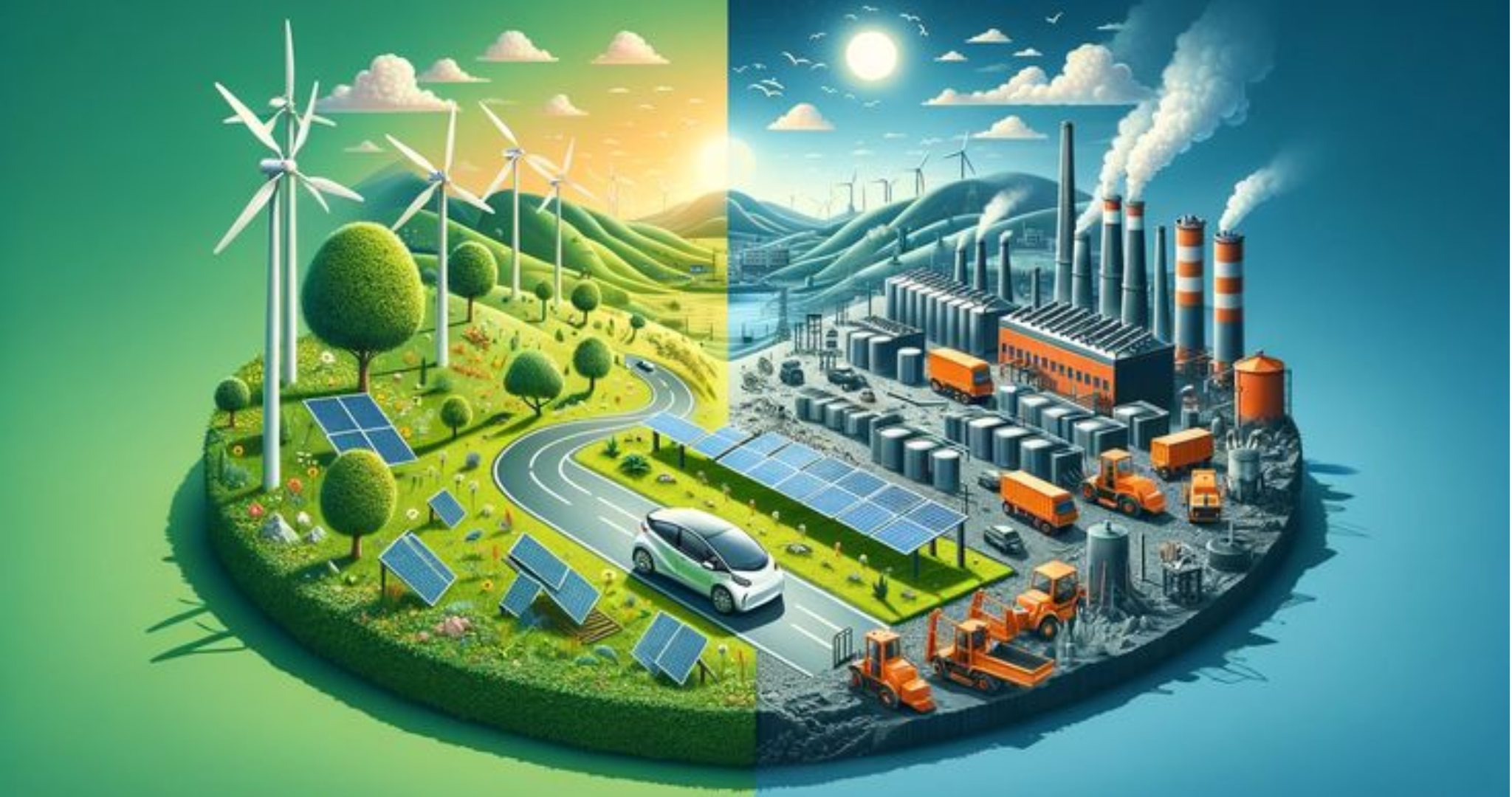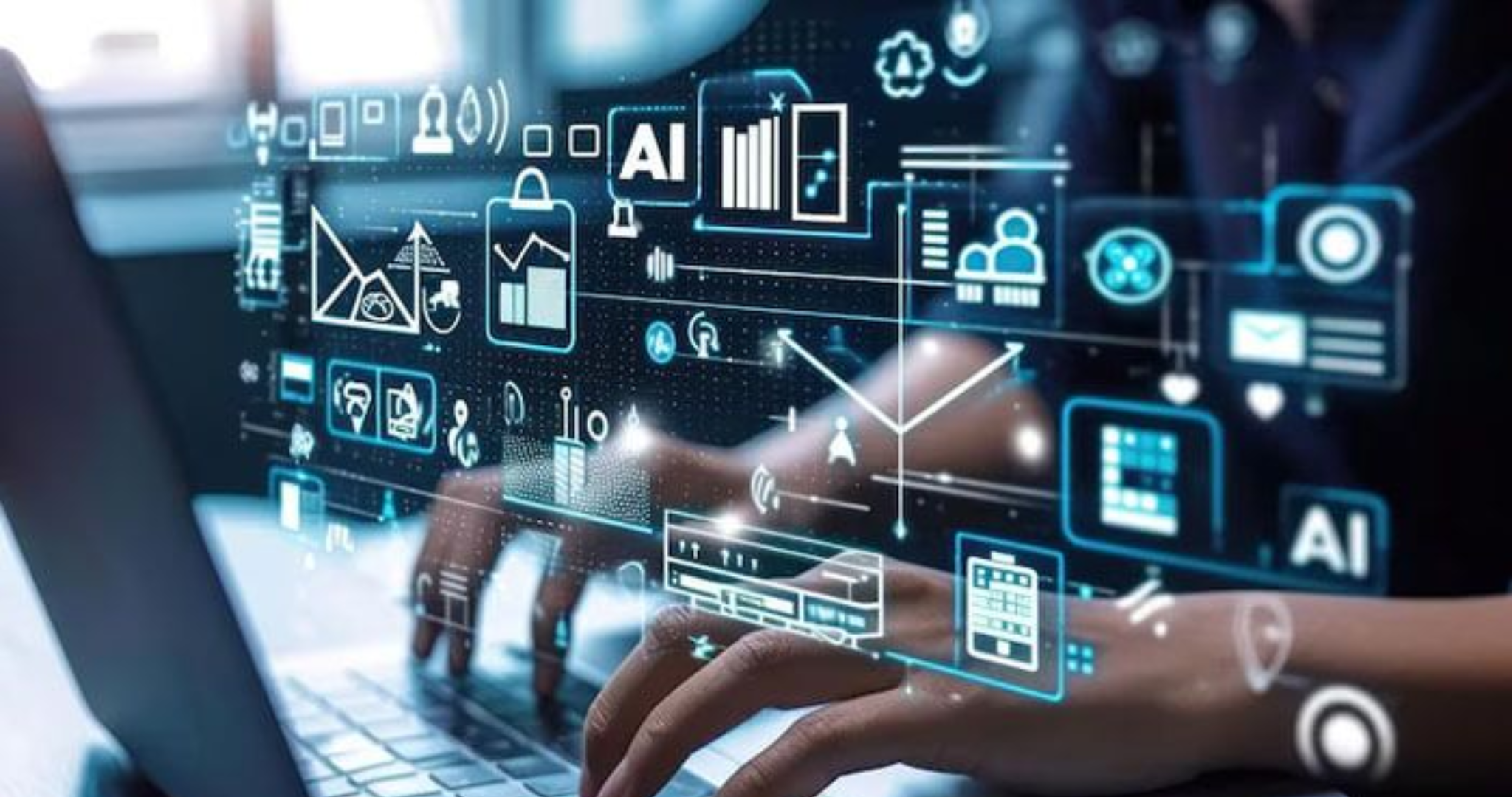The relentless march of technological progress continues to reshape the fabric of our existence, often in ways we can scarcely imagine. From the advent of the smartphone to the ubiquity of the internet, groundbreaking innovations have consistently redefined how we live, work, communicate, and interact with the world around us. As we stand on the cusp of a new era, several nascent technologies are showing immense promise to trigger profound transformations in our daily lives. Here, we delve into five such cutting-edge advancements that are not just futuristic concepts but are rapidly maturing and set to revolutionize your life in the coming years.
1. The Immersive World of the Metaverse:
For decades, virtual reality (VR) and augmented reality (AR) have lingered on the fringes of mainstream adoption. However, the convergence of advancements in these fields, coupled with the power of blockchain, social networking, and high-speed internet, is giving rise to a revolutionary concept: the Metaverse. Envision a persistent, interconnected digital realm that seamlessly blends virtual and physical realities. This isn’t just about clunky VR headsets for gaming; the Metaverse promises to be a multifaceted ecosystem where you can socialize, work, learn, shop, attend events, and even own digital assets – all within immersive virtual environments.Emerging Technologies Poised
The Horizon of Innovation technologies. Imagine attending a business meeting as a holographic avatar sitting alongside colleagues from around the globe, exploring ancient ruins with a virtual tour guide from the comfort of your living room, or trying on clothes in a virtual store before making a purchase. The Metaverse aims to break down geographical barriers, fostering new forms of social interaction and economic activity. While still in its nascent stages, with tech giants and startups alike vying for dominance, the potential impact on how we connect, consume, and experience the world is colossal. It could redefine education through immersive learning experiences, transform entertainment with interactive narratives and virtual concerts, and even revolutionize the workplace with collaborative virtual workspaces. As the technology matures and becomes more accessible, the Metaverse is poised to become an integral part of our daily lives, blurring the lines between the physical and digital in unprecedented ways.
2. The Dawn of Personalized Medicine Driven by AI and Genomics:
The traditional “one-size-fits-all” approach to healthcare is gradually giving way to an era of personalized medicine, fueled by breakthroughs in artificial intelligence (AI) and genomics. Our understanding of the human genome has exploded in recent years, allowing for detailed insights into individual predispositions to diseases and variations in drug responses. AI algorithms are playing a crucial role in analyzing this vast genomic data, along with lifestyle factors and medical history, to create highly personalized treatment plans. The Horizon of Innovation
The Horizon of Innovation technologies. Imagine receiving tailored therapies based on your unique genetic makeup, with AI predicting the most effective medications and dosages with greater accuracy, minimizing side effects. This extends beyond treatment to proactive health management. AI-powered diagnostic tools can analyze medical images with greater speed and accuracy than human experts, leading to earlier detection of diseases like cancer. Wearable sensors and AI algorithms can continuously monitor vital signs and detect subtle anomalies, alerting individuals and healthcare providers to potential health risks before they escalate. Furthermore, the ability to analyze massive datasets of patient information through AI is accelerating drug discovery and development, leading to more targeted and effective therapies. Personalized medicine promises to shift healthcare from a reactive to a proactive model, empowering individuals to take greater control of their health and well-being, leading to longer, healthier lives.

3. Sustainable Living Through Advanced Materials and Clean Energy:
The urgent need to address climate change and environmental degradation is driving innovation in advanced materials and clean energy technologies, which are set to profoundly impact how we live and interact with our planet. Scientists and engineers are developing novel materials with unprecedented properties – stronger, lighter, more durable, and self-healing – that can revolutionize industries from construction and transportation to electronics and fashion, all while minimizing environmental impact. The Horizon of Innovation.
The Horizon of Innovation technologies. Imagine buildings constructed from self-repairing concrete that reduces waste and extends lifespan, vehicles made from ultra-lightweight composites that improve fuel efficiency, and textiles created from sustainable sources that reduce pollution. Simultaneously, the transition to clean energy sources like solar, wind, and geothermal is accelerating, driven by technological advancements that are making these alternatives more efficient, affordable, and reliable. Smart grids powered by AI will optimize energy distribution, while advancements in battery technology will enable efficient storage of renewable energy, paving the way for widespread adoption of electric vehicles and reducing our reliance on fossil fuels. These innovations are not just about mitigating environmental damage; they are about creating a more sustainable and resilient future, improving air quality, reducing pollution, and fostering a healthier planet for generations to come.

4. The Seamless Integration of the Internet of Things (IoT) and Smart Environments:
The Internet of Things (IoT), a network of interconnected devices embedded with sensors, software, and other technologies, is already subtly influencing our lives. However, its true transformative potential lies in the creation of smart environments – homes, cities, and workplaces that are intuitively responsive to our needs and optimize efficiency and convenience.
The Horizon of Innovation technologies. Imagine your home automatically adjusting lighting and temperature based on your preferences and occupancy, your appliances communicating with each other to optimize energy consumption, and your security system proactively detecting and responding to potential threats. Smart cities will leverage IoT sensors to manage traffic flow in real-time, optimize waste collection, monitor air and water quality, and enhance public safety. In the workplace, smart buildings can create more comfortable and productive environments by adjusting lighting, temperature, and ventilation based on occupancy and individual preferences. The key to unlocking the full potential of IoT lies in seamless integration and interoperability between devices and platforms, along with robust data security and privacy measures. As these technologies mature and become more interconnected, our physical environments will become more intelligent, responsive, and ultimately, more attuned to our needs, leading to greater convenience, efficiency, and overall quality of life.

5. The Evolution of Human-Computer Interaction Through Brain-Computer Interfaces (BCIs):
Perhaps the most futuristic and potentially transformative technology on this list is Brain-Computer Interfaces (BCIs). These systems establish a direct communication pathway between the human brain and an external device, such as a computer or prosthetic limb. While still in the early stages of development, BCIs hold immense promise for revolutionizing healthcare, communication, and even human augmentation.
The Horizon of Innovation technologies. Imagine individuals with paralysis controlling robotic limbs or computers with their thoughts, restoring lost motor functions and enabling seamless communication. BCIs could also offer new ways to treat neurological disorders like Parkinson’s disease and epilepsy. Beyond medical applications, BCIs could potentially unlock new forms of human-computer interaction, allowing for direct thought-based control of devices and even telepathic communication. While ethical considerations and safety remain paramount, the potential of BCIs to bridge the gap between humans and technology is staggering. As research progresses and the technology becomes more refined and less invasive, BCIs could fundamentally alter how we interact with the world and even redefine what it means to be human.

Conclusion: Embracing the Transformative Power of Innovation:
The Horizon of Innovation Technologies. These five emerging technologies – the Metaverse, personalized medicine, sustainable living solutions, smart environments powered by IoT, and brain-computer interfaces – represent just a glimpse into the transformative power of human ingenuity. While the precise timeline and ultimate impact of each innovation may vary, their collective potential to reshape our lives is undeniable. Embracing these advancements responsibly, addressing the ethical and societal implications proactively, and fostering a spirit of innovation will be crucial to harnessing their full potential and creating a future that is not only technologically advanced but also more connected, healthier, sustainable, and ultimately, more human-centric. The horizon of innovation is bright, and the changes it will bring are poised to redefine the very fabric of our existence.

